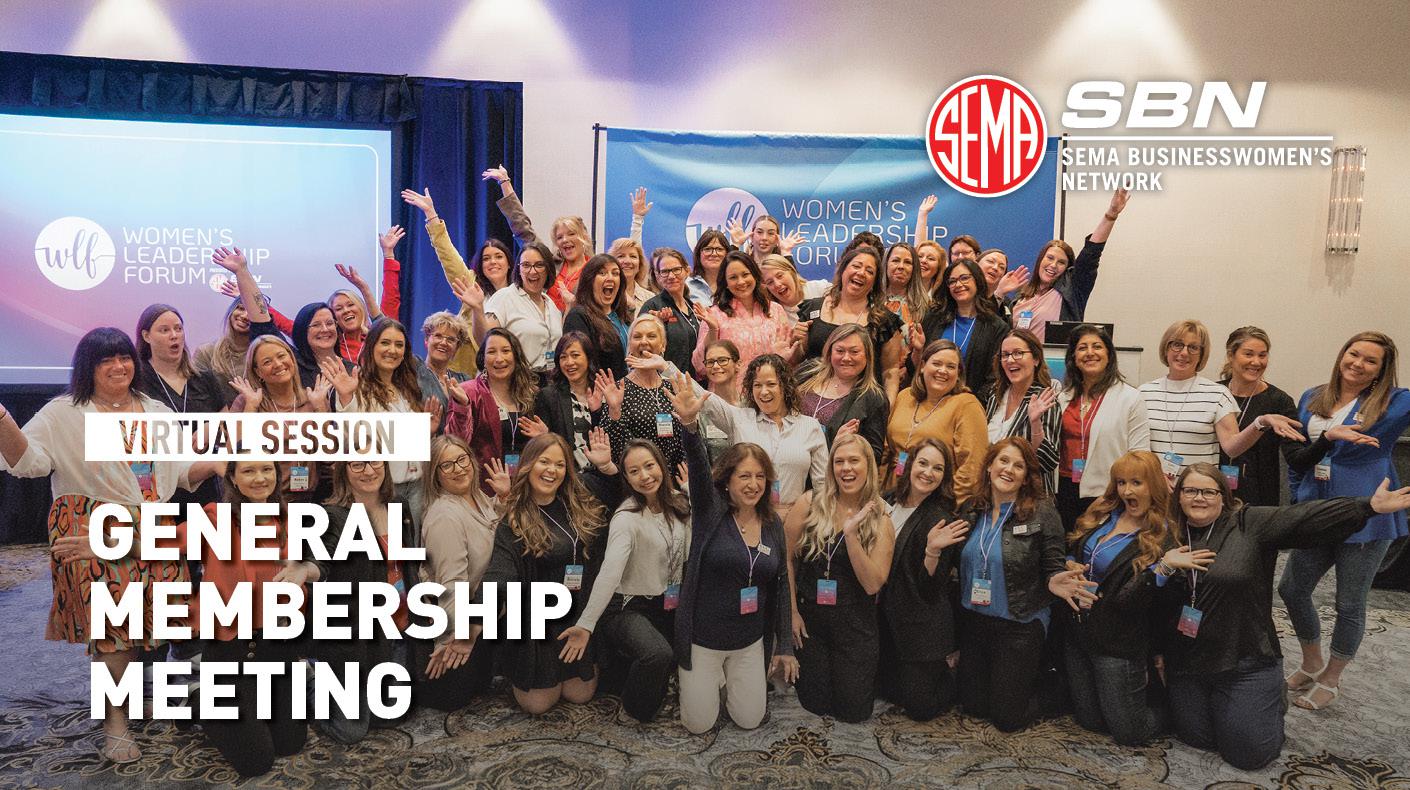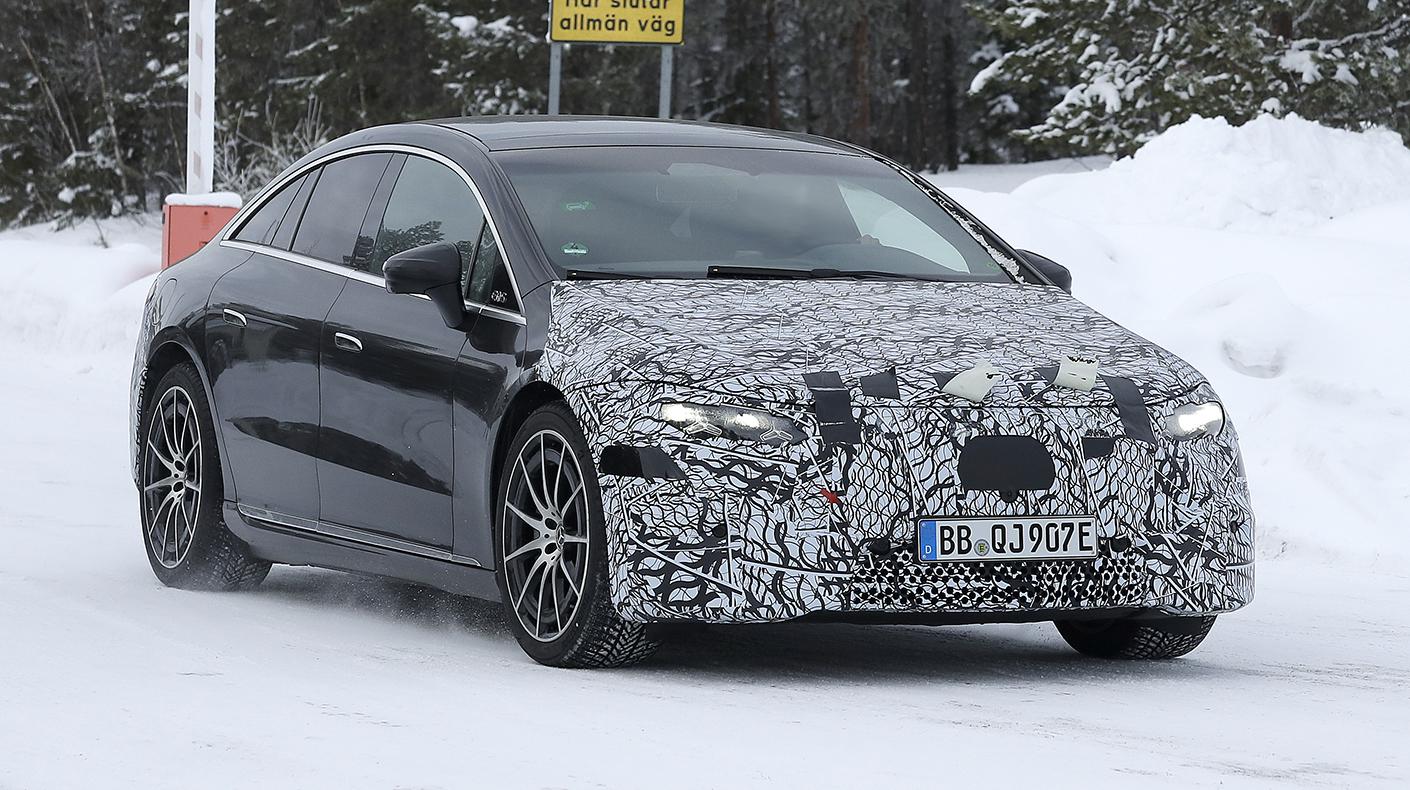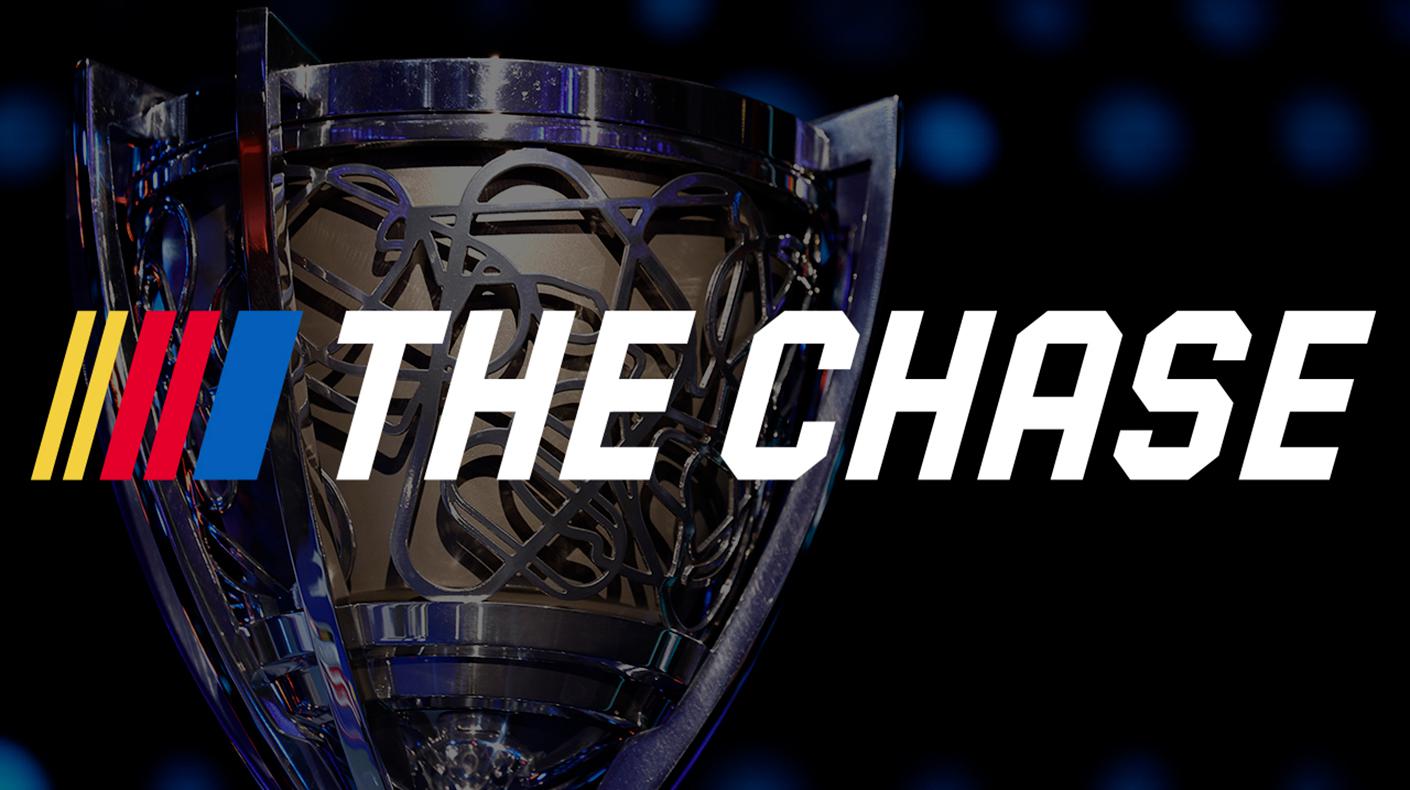In May 1989, 26 industry folks—manufacturers, suppliers and retailers—met in Omaha, Nebraska, to consider a proposal to form a trade association that would represent the collective interests of the truck-cap industry. The result: 18 of those present became the core of the first board of directors of the Truck Cap Industry Association (TCIA).
In the ensuing years, TCIA focused on expanding its membership and services, including producing trade shows focused on the truck cap and light-truck accessory market. As the industry continued to evolve, and to better define its members’ interest in all aspects of light-truck accessories, the organization’s name was changed in 1992 to the Truck Cap & Accessory Association (TCAA).
Flash forward to early 2000. Following months of behind-the-scenes dialog and speculation, it was announced that SEMA and TCAA had formed a strategic alliance. Under the terms of the alliance, TCAA merged into SEMA as its largest niche-market council, and was renamed the Truck Cap & Accessory Alliance. A few years later, the name changed once again, this time to the Light Truck Accessory Alliance (LTAA). And so it has remained, until now.
LTAA Evolves Into TORA
If the name of your council is the Light Truck Accessory Alliance, it would seem at first glance to be representative of all segments of the truck-accessory market, both on- and off-road. But as LTAA leadership looked around at the evolving landscape, they realized the off-road market has been underserved. The group then began exploring opportunities to connect and expand its influence and community within the off-road sector.
During the past year, the LTAA hosted an event at the Easter Jeep Safari in Moab, Utah, offered Jeep measuring sessions and attended other segment-specific shows. The outreach efforts—combined with data contained in the “SEMA Jeep Wrangler Report”—brought to light the need for a “home” within SEMA for the off-road market.
That, said LTAA Chair Kathryn Reinhardt, led to a series of next steps. “We created an Off-Road Taskforce that involved some council members, non-LTAA members who belong to SEMA, and some non-SEMA members, and held a strategy session during the Off-Road Expo in September.”
As the first order of business, the group brainstormed how to define a truck. “There are all these different terminologies—a pickup truck, an SUV, a CUV, a UTV—that we’ve utilized and assumed that everybody thought were under LTAA’s umbrella. But, in reality, we found that a lot of people, when they think of the LTAA, think of a pickup. So it was important that all of our definitions matched, and we agreed a truck is a pickup, an SUV and a CUV.”
The taskforce also examined another aspect of the off-road market—motorcycles and ATVs—and came to a conclusion. “We had to draw the line between handlebars and steering wheels,” said Reinhardt. “We made a conscious decision at that meeting that a vehicle classified as a truck and with a steering wheel fits the profile. Motorcycles and powersports are outside our realm.”
Following an open meeting that included numerous stakeholders and a discussion with the council’s select committee, there was consensus. The LTAA would embrace the off-road market. To effect the change, the SEMA Board approved the council’s proposal to be more inclusive and rebrand the LTAA as TORA, the Truck and Off-Road Alliance.
The LTAA isn’t the first council to change its name to better reflect its identity, community and focus. HRIA, the Hot Rod Industry Alliance, for instance, used to be the Street Rod Market Alliance (SRMA). The Street Performance Council (SPC) morphed into the Emerging Trends and Technology Network (ETTN).
“A lot of people don’t realize the amount of effort, time and communication that has to happen before these changes happen,” noted Reinhardt. “It was tough and we wanted to make sure we did it right. We’re super excited. It’s a monumental change to be part of and have as a legacy, because I’m terming out.
“It represents a change in the market, and we have to be adaptable to those changes, because it’s not the same as it was 10 or 20 years ago. So it’s an exciting time to be a member of LTAA/TORA. It’s going to open the door for us to have more membership, but also to be more inclusive of any aftermarket company—jobbers, retailers, reps, media, manufacturers, distributors—that want to be part of the Truck and Off-Road Alliance. It’s really going to bring together a new community of people who want to be represented.”





